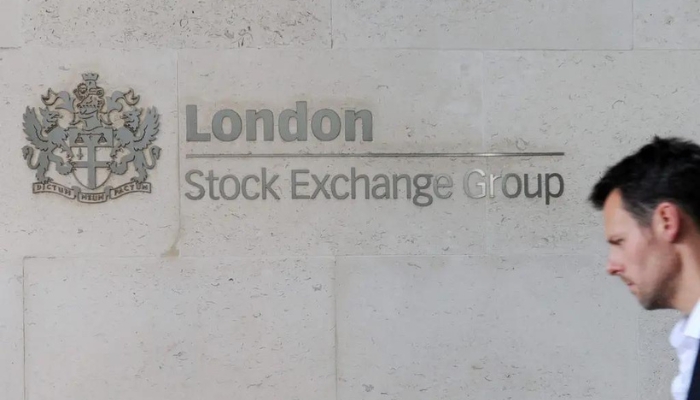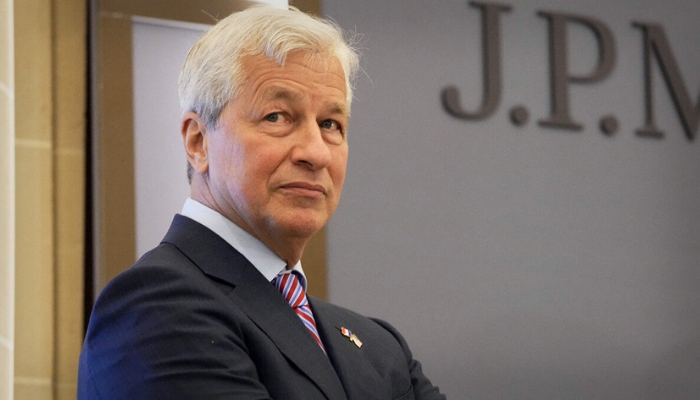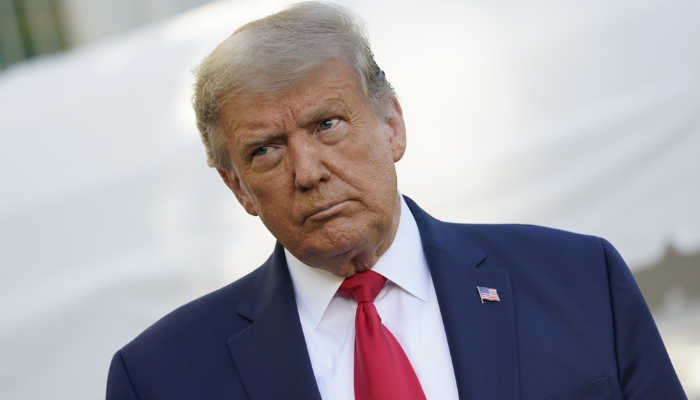CAB Payments’ Shares Plummet Amid Revenue Warning
Anúncios
Three months ago, CAB Payments faced a rocky start when it went public on the London Stock Exchange. Its shares fell nearly 10% on the first day of trading, reflecting the challenges in an IPO market that had been starved of new listings.
However, the situation has taken a dramatic turn for the worse. On Tuesday, the fintech firm’s shares plummeted nearly 74% after issuing a grim warning regarding its revenues. This decline has resulted in the stock losing a staggering 82% of its value since its listing.
In July, CAB Payments conducted an initial public offering, raising $371 million from investors, making it London’s second-largest IPO of the year. The company, specializing in foreign currency and cross-border payment services for businesses, appeared to be on an upward trajectory.

In a statement released on Tuesday, CAB Payments expressed its expectation of a 17% revenue drop for the year compared to previous guidance. Nevertheless, it emphasized that this still represents a 20% increase over 2022. The firm attributed this downward revision to “changes in market conditions” in several of its crucial markets, including the Nigerian naira, Central African franc, and West African franc.
The statement noted that these market conditions have been squeezing margins and reducing trading volume. The company is actively seeking to reduce costs to offset the impact on profitability. However, it anticipates that the majority of the revenue impact will ultimately affect the bottom line.
The Nigerian naira has experienced a drastic devaluation, plummeting over 90% since mid-June to reach a record low of 884 against the US dollar. Nigeria is grappling with a severe shortage of dollars, which has prompted individuals and businesses to source dollars on the black market, further driving down the naira’s value.
As a result of these challenges, CAB Payments’ stock was trading at around 59 pence (72 cents) by 9:01 a.m. ET on Tuesday, a significant drop from its closing price of £3.03 ($3.70) on July 6, the day of its IPO. The shares had been issued at £3.35 ($4) each.
According to the firm’s website, its mission is to connect traditionally hard-to-reach regions with the global financial infrastructure. The company’s largest shareholder, with a 45% stake, is Merlin Midco, a subsidiary of Helios Investment Partners, a UK private equity firm that exclusively invests in Africa. BlackRock, the world’s largest asset manager, owns a 6.5% stake in CAB Payments.
This dramatic stock decline adds to a series of disappointments in the global IPO market this year, which many investors had hoped would rebound significantly after an 18-month slump.
See also: Bitcoin Surges Past $35,000, Awaiting ETF Approval






